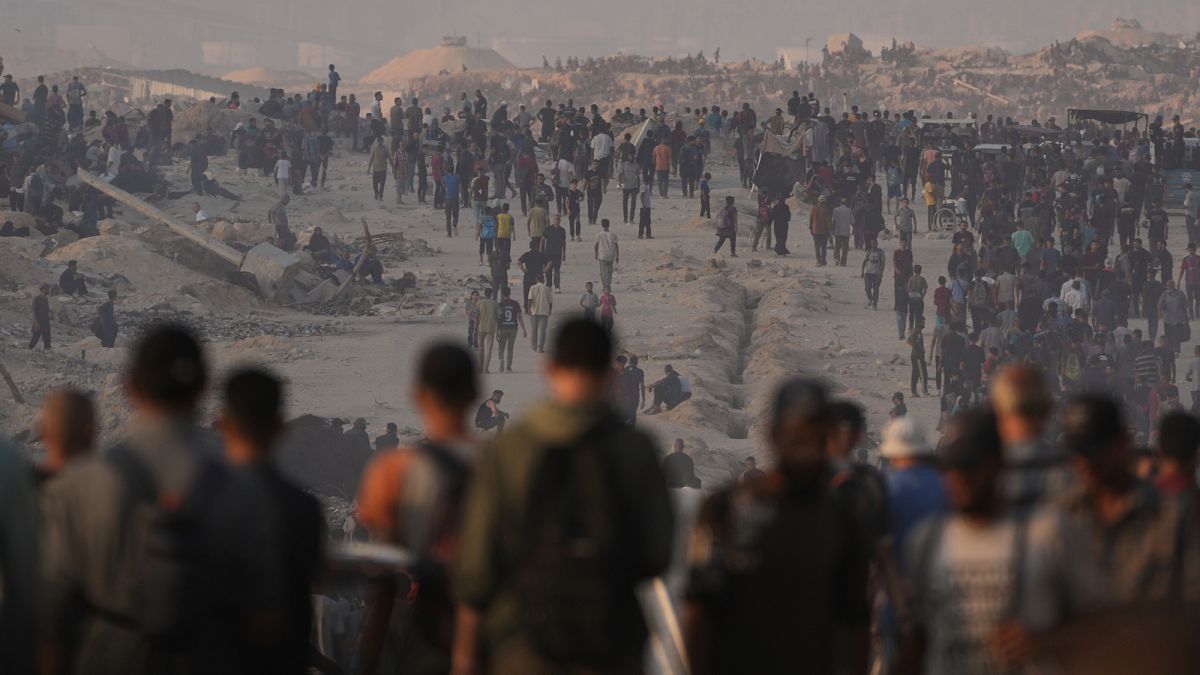

In a world marked by rapid developments and complex disputes, recent events across Gaza, Ukraine, and Southeast Asia highlight persistent challenges and the resilience of communities facing adversity. This article brings together these narratives, each unfolding with its unique dynamics.
In Gaza, the humanitarian situation remains dire as reports indicate a tragic loss of lives due to ongoing military actions. At least 57 individuals have been reported killed in Gaza over the past 24 hours, with the victims including individuals waiting for essential aid near the Zikim crossing. The continuing blockade and military strikes exacerbate the deepening famine in the area, causing considerable distress among the population. Despite weeks of ceasefire discussions in Qatar, no decisive progress has been made, prompting Israeli Prime Minister Benjamin Netanyahu to explore alternative approaches to negotiations with Hamas.
The humanitarian crisis in Gaza is further intensified by the detention of healthcare professionals. According to Palestinian medical organization Healthcare Workers Watch, 28 doctors, including eight senior consultants, are currently held in Israeli facilities without formal charges. Their prolonged detentions, reported to have surpassed 400 days for some, highlight additional layers of the conflict’s impact on the region’s essential health services.
Meanwhile, in Ukraine, the summer season is marked by heightened military tensions. Ukrainian President Volodymyr Zelenskyy has confirmed Ukraine’s efforts to hold back a Russian offensive. The front line remains a tough battlefield for both sides. As Ukraine seeks to bolster its defenses, particularly through acquiring more advanced missile systems like the Patriots, the conflict’s toll on civilian lives and infrastructure persists. Such strategic moves underline the ongoing complexity of the conflict and the efforts to balance immediate military needs with long-term peace processes.
Parallel challenges unfold in Southeast Asia, where escalating tensions along the Thai-Cambodian border have resulted in the precautionary evacuation of over 130,000 Thai civilians. Cross-border clashes, the most intense in over a decade, have spread to multiple locations, with artillery fire exchanged between the two nations. While offers for mediation from countries like the United States, China, and Malaysia have been extended, Thailand remains committed to resolving the dispute bilaterally without external intervention. These events emphasize the critical need for diplomatic engagement to prevent further escalation and preserve regional stability.
In these varied geopolitical landscapes, the recurring theme is the immense human impact wrought by prolonged conflicts. While each region faces unique challenges, the overarching need for effective dialogues and humanitarian interventions is clear. The global community remains hopeful for constructive resolutions that prioritize peace and the welfare of affected populations.
As international leaders and regional stakeholders navigate these complex scenarios, the importance of empathy, patience, and cooperation cannot be overstated. Global citizens watch and hope for a future where peace negotiations and conflict resolutions lead to lasting stability and improved conditions for all.
Source: {link}
